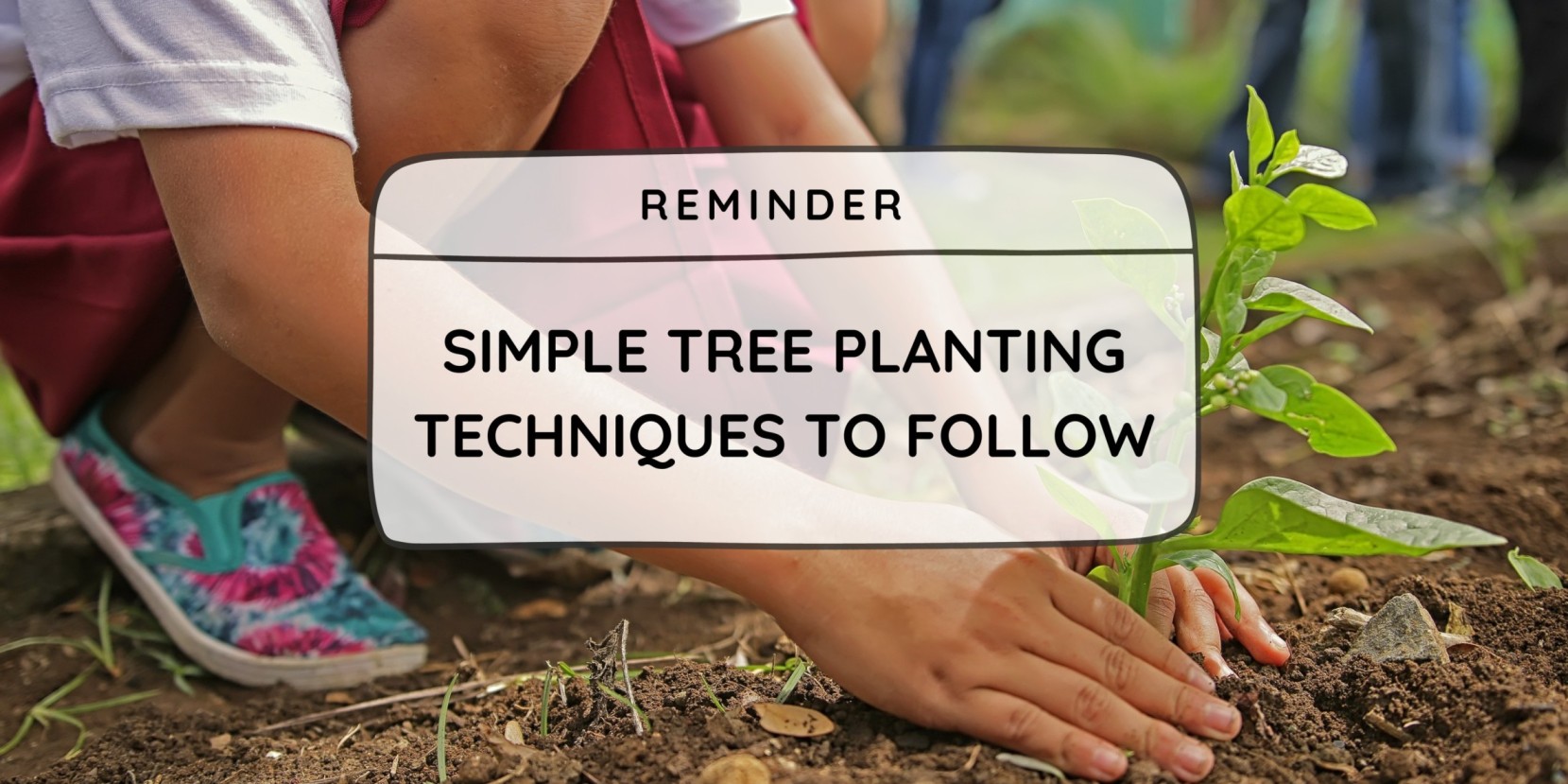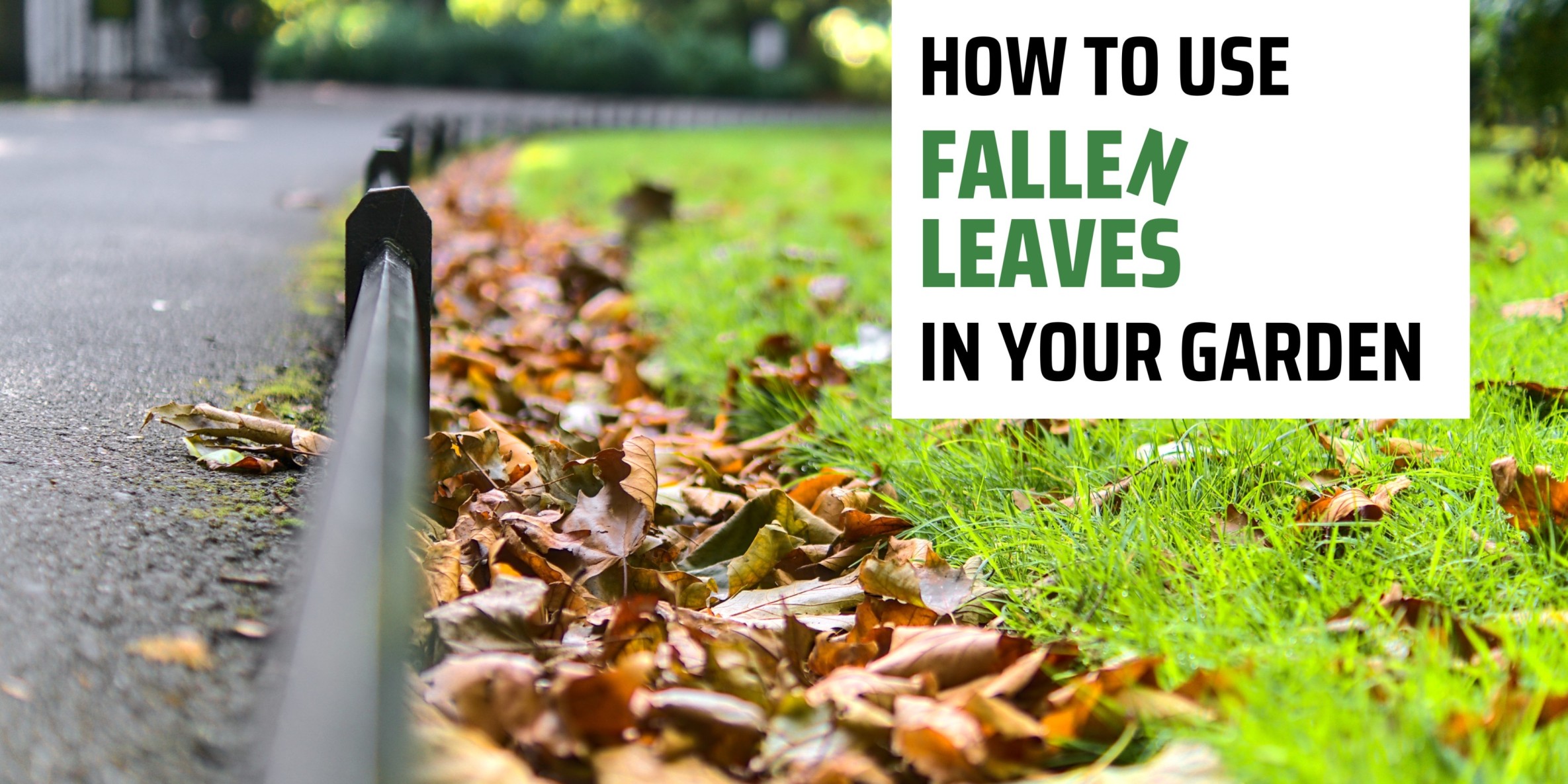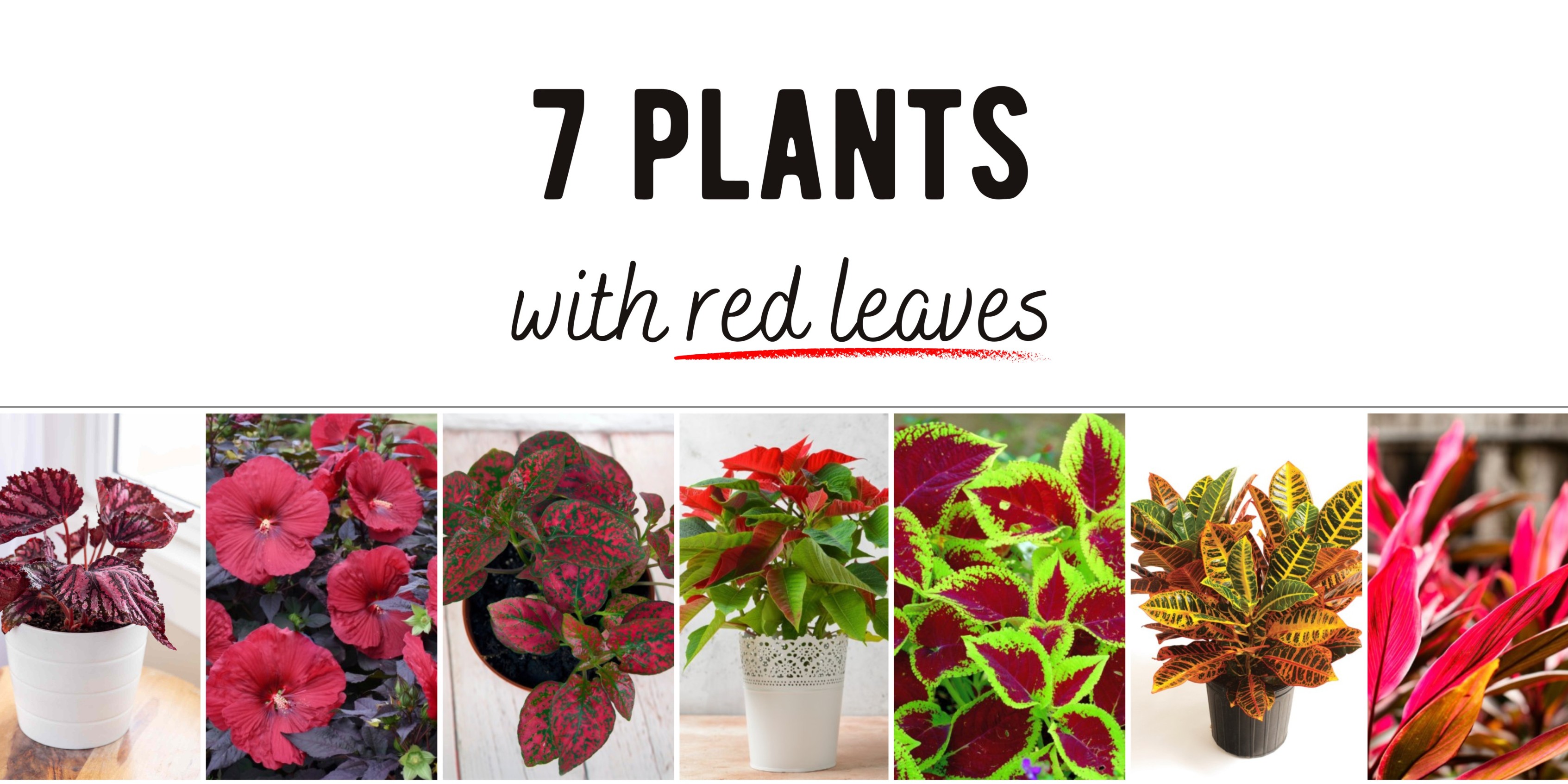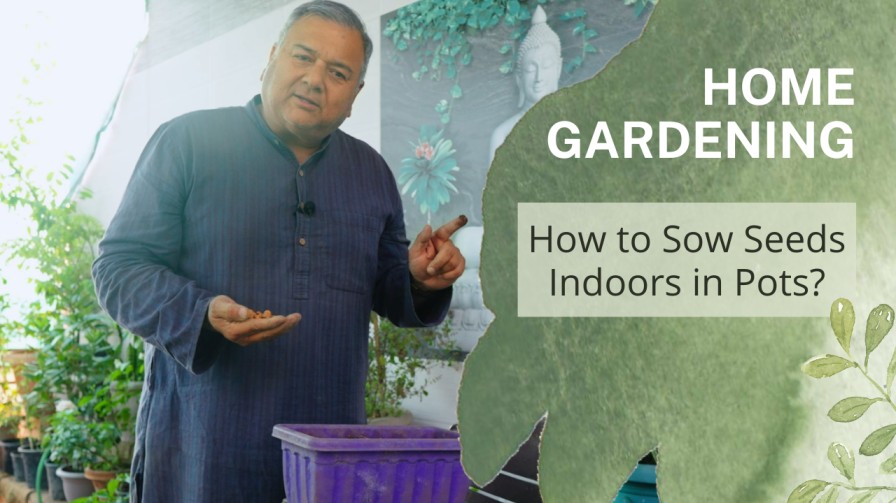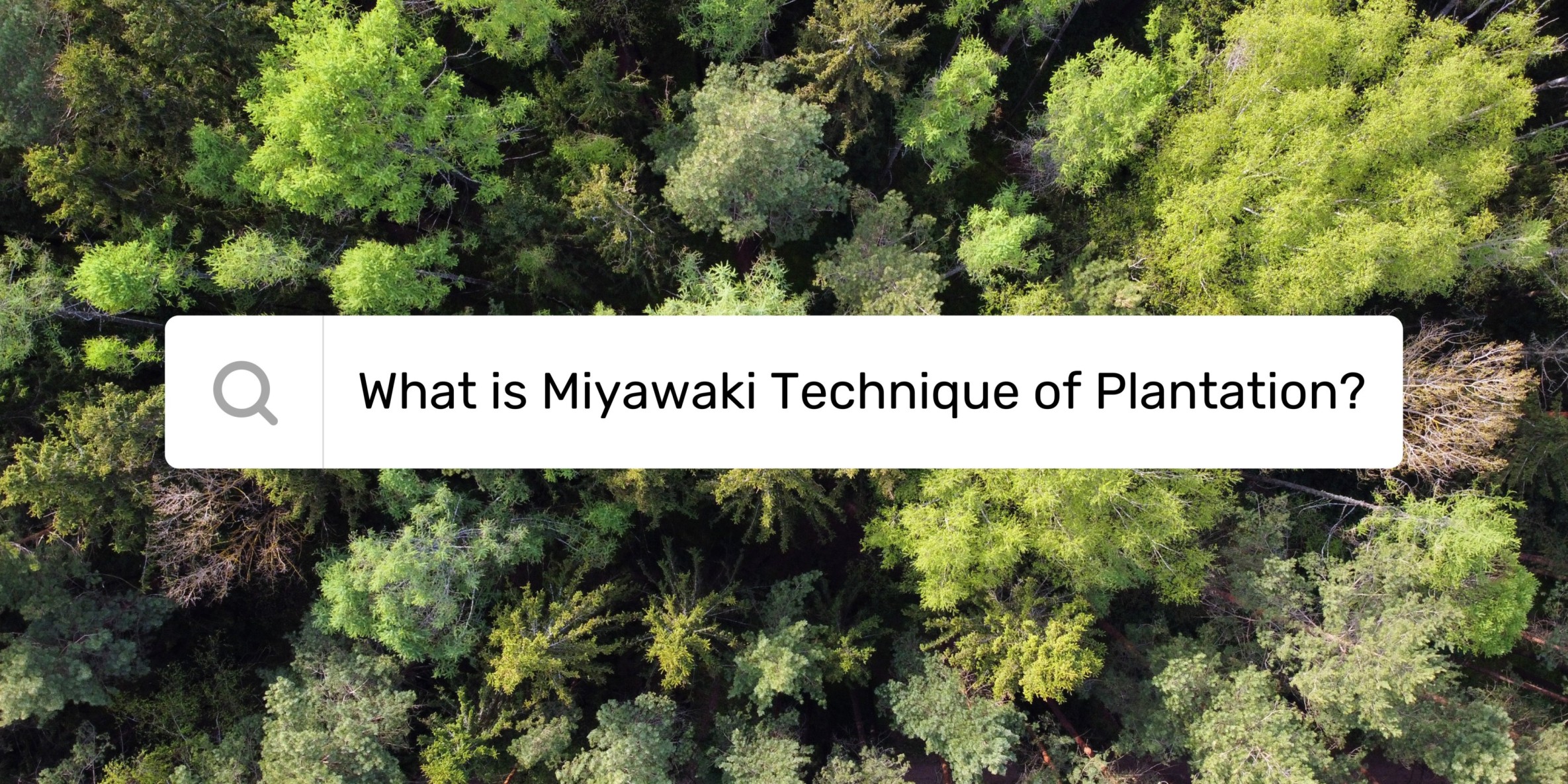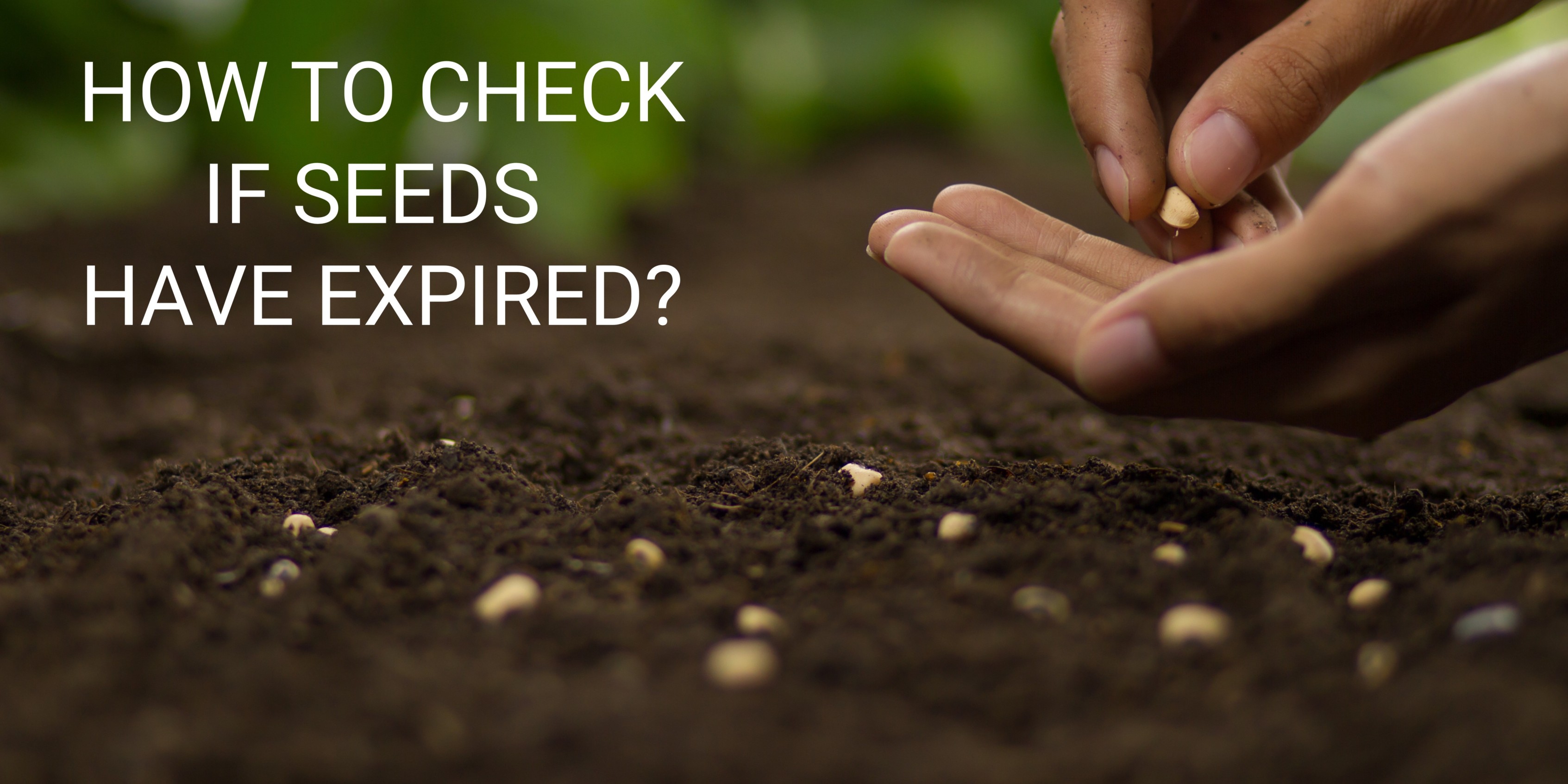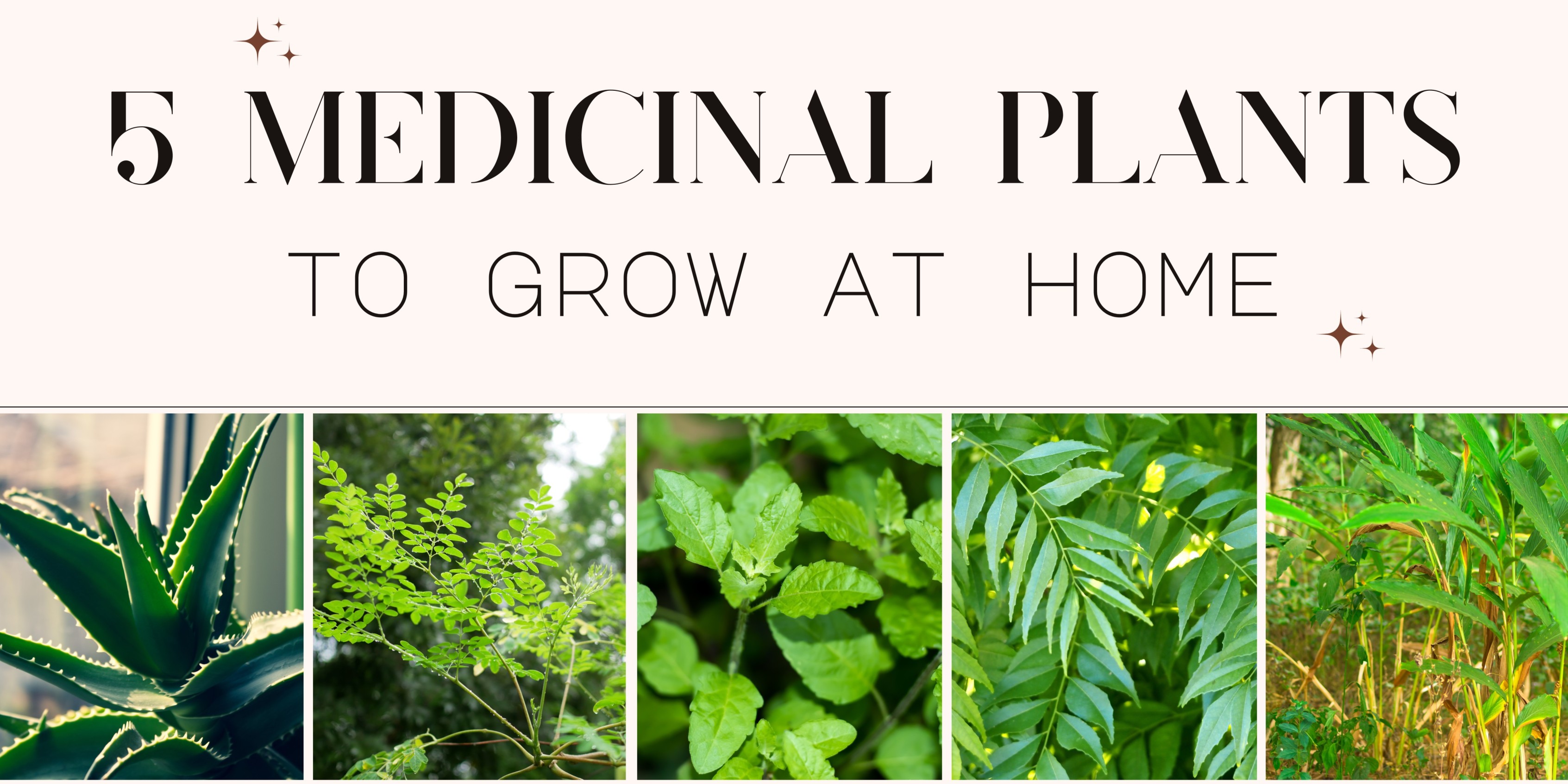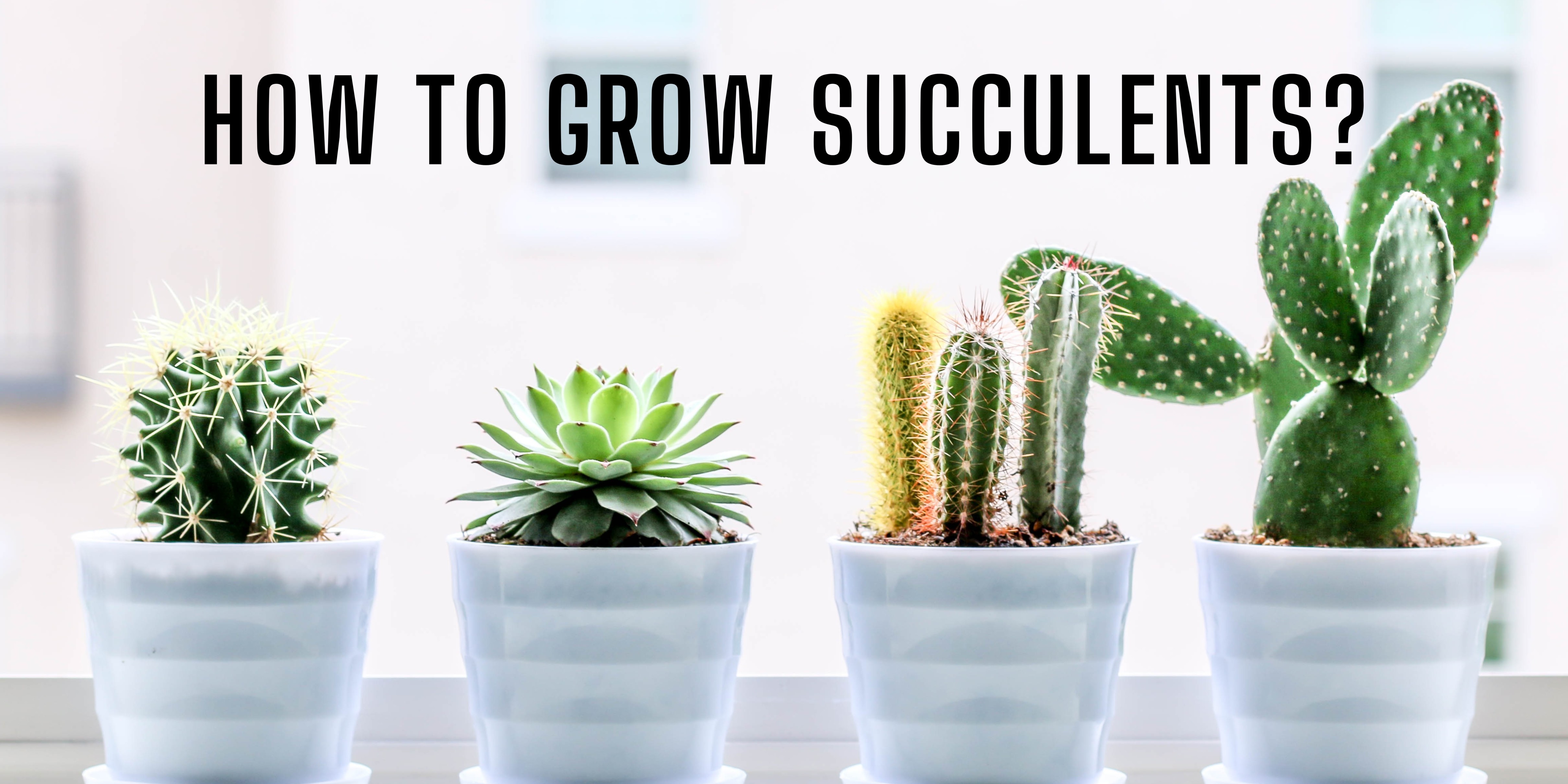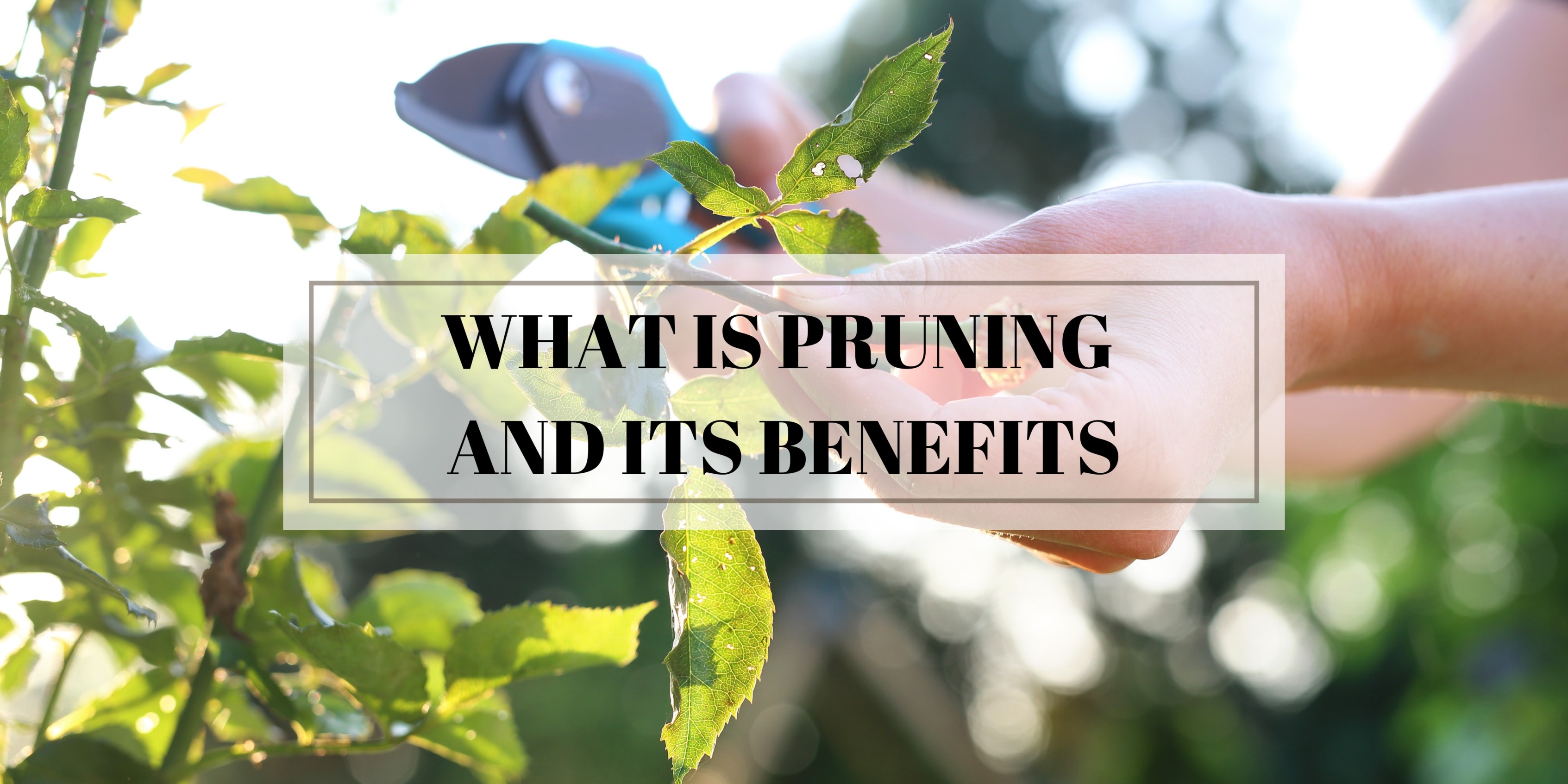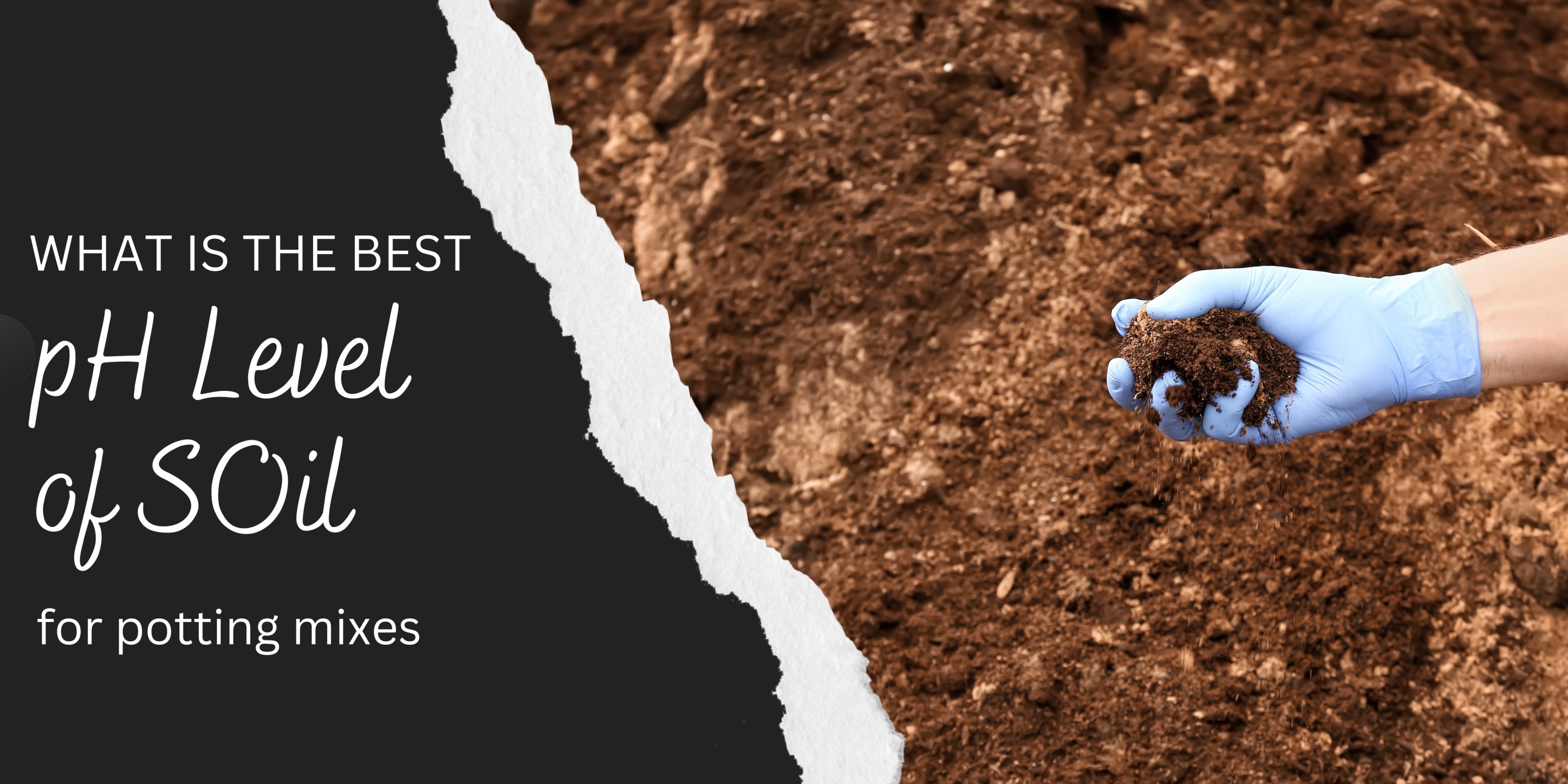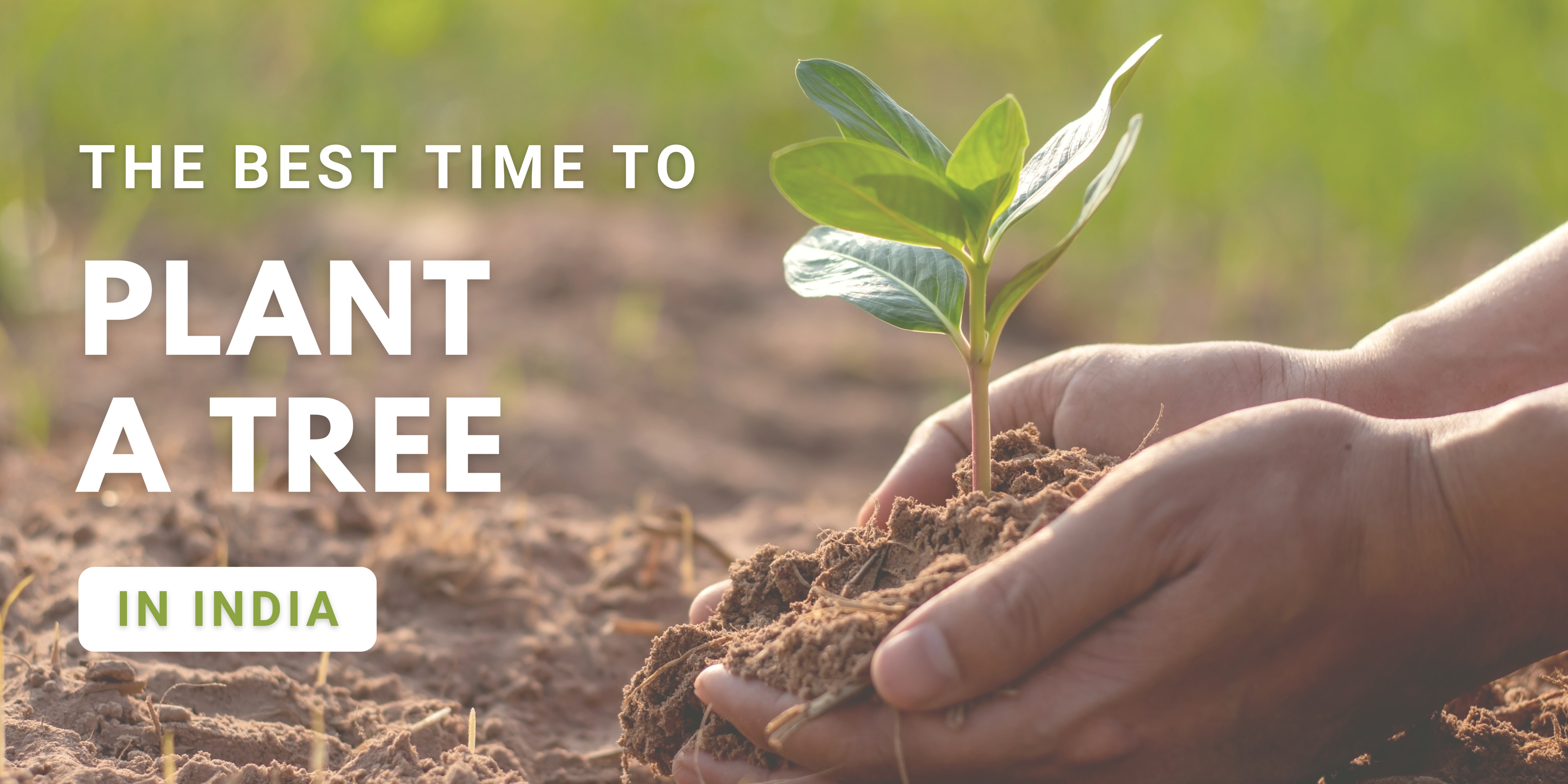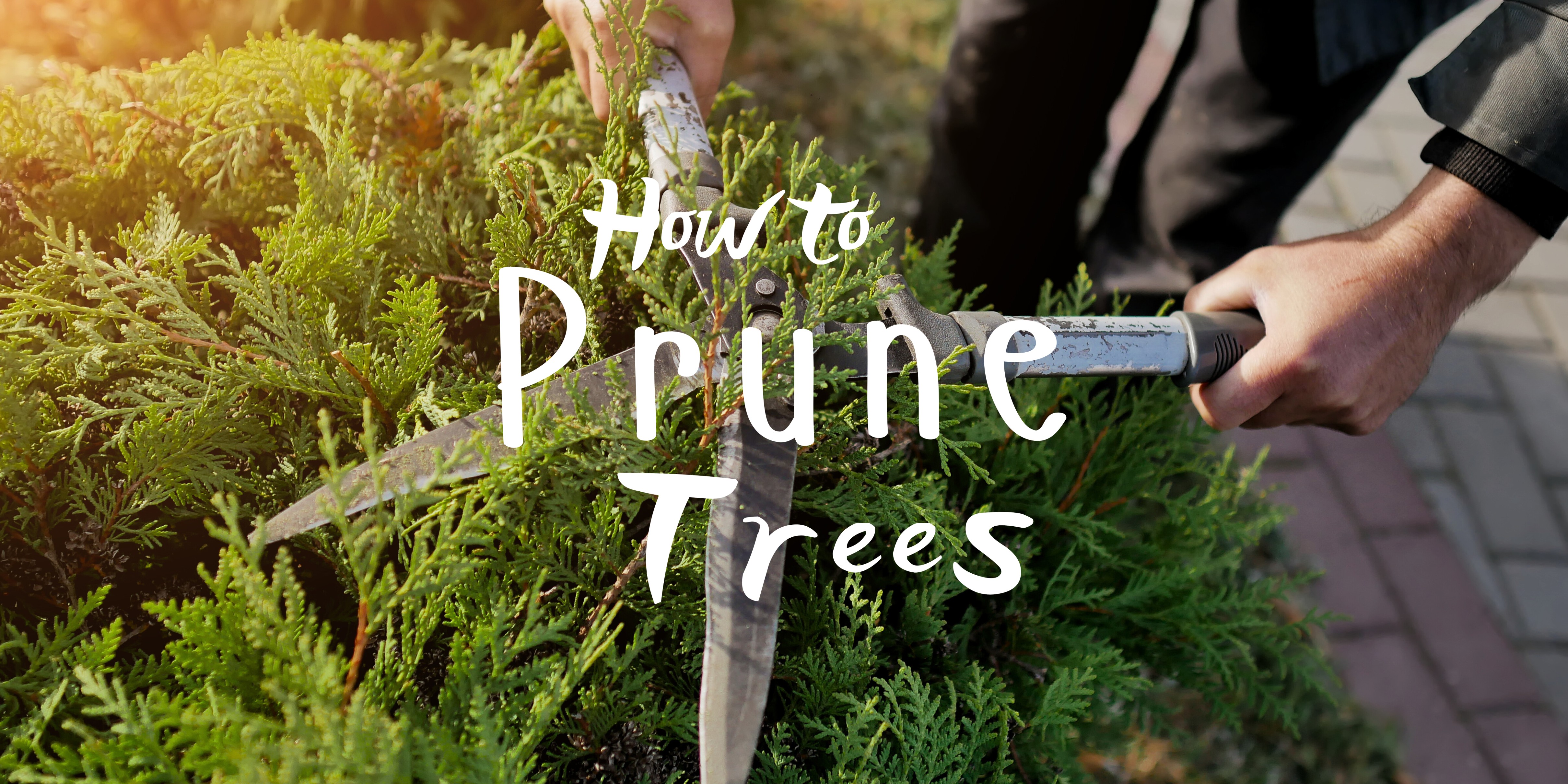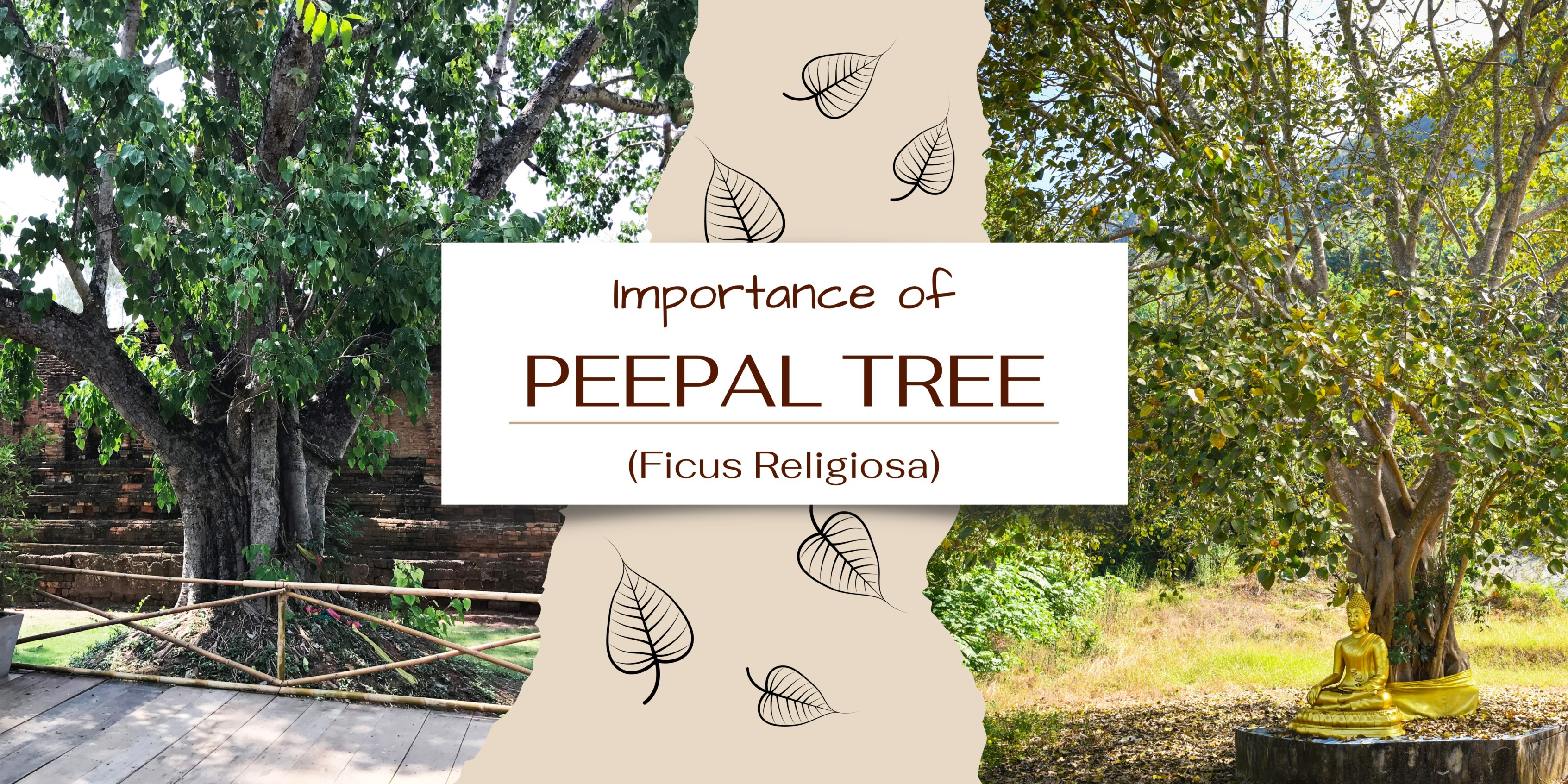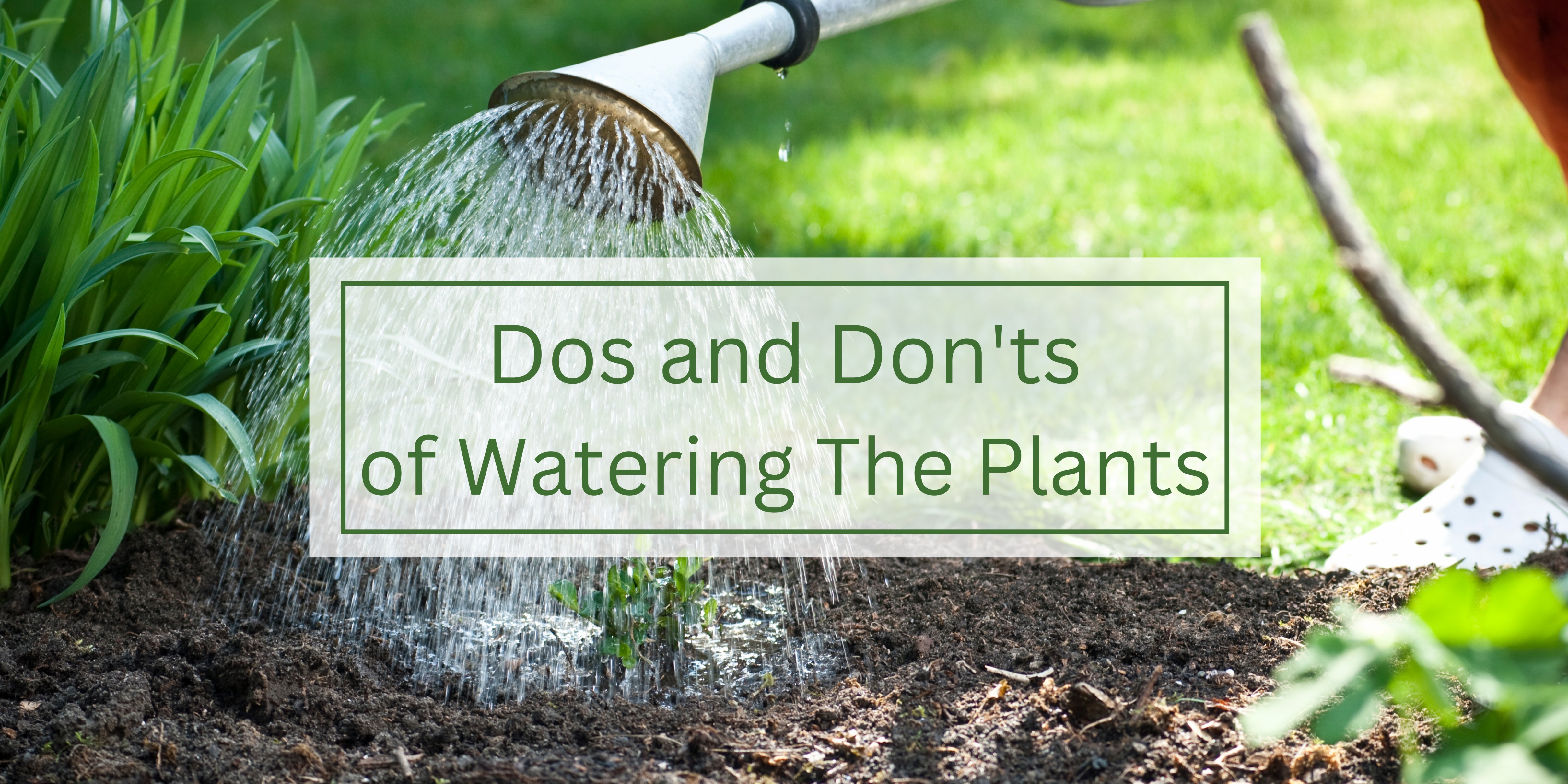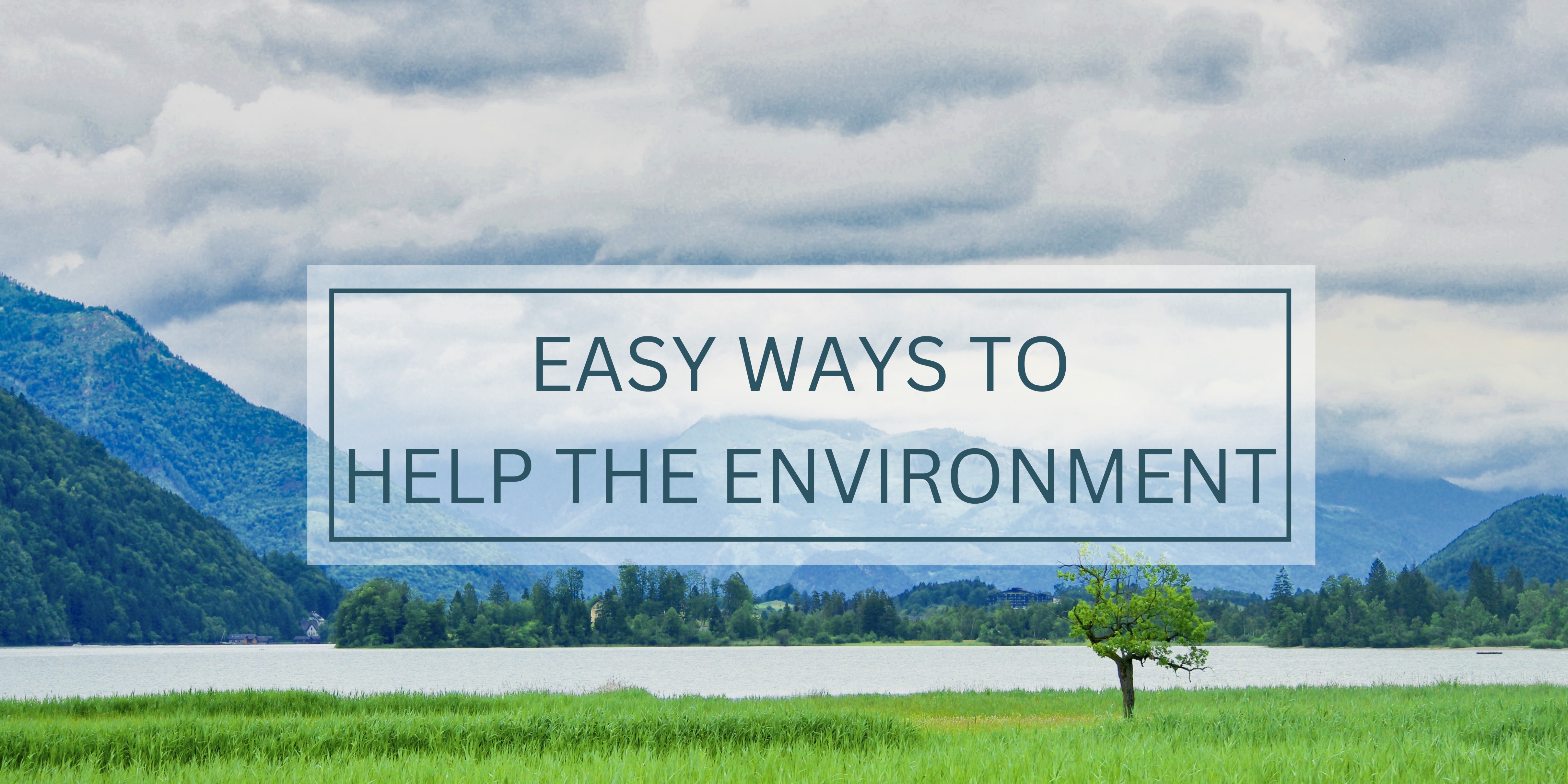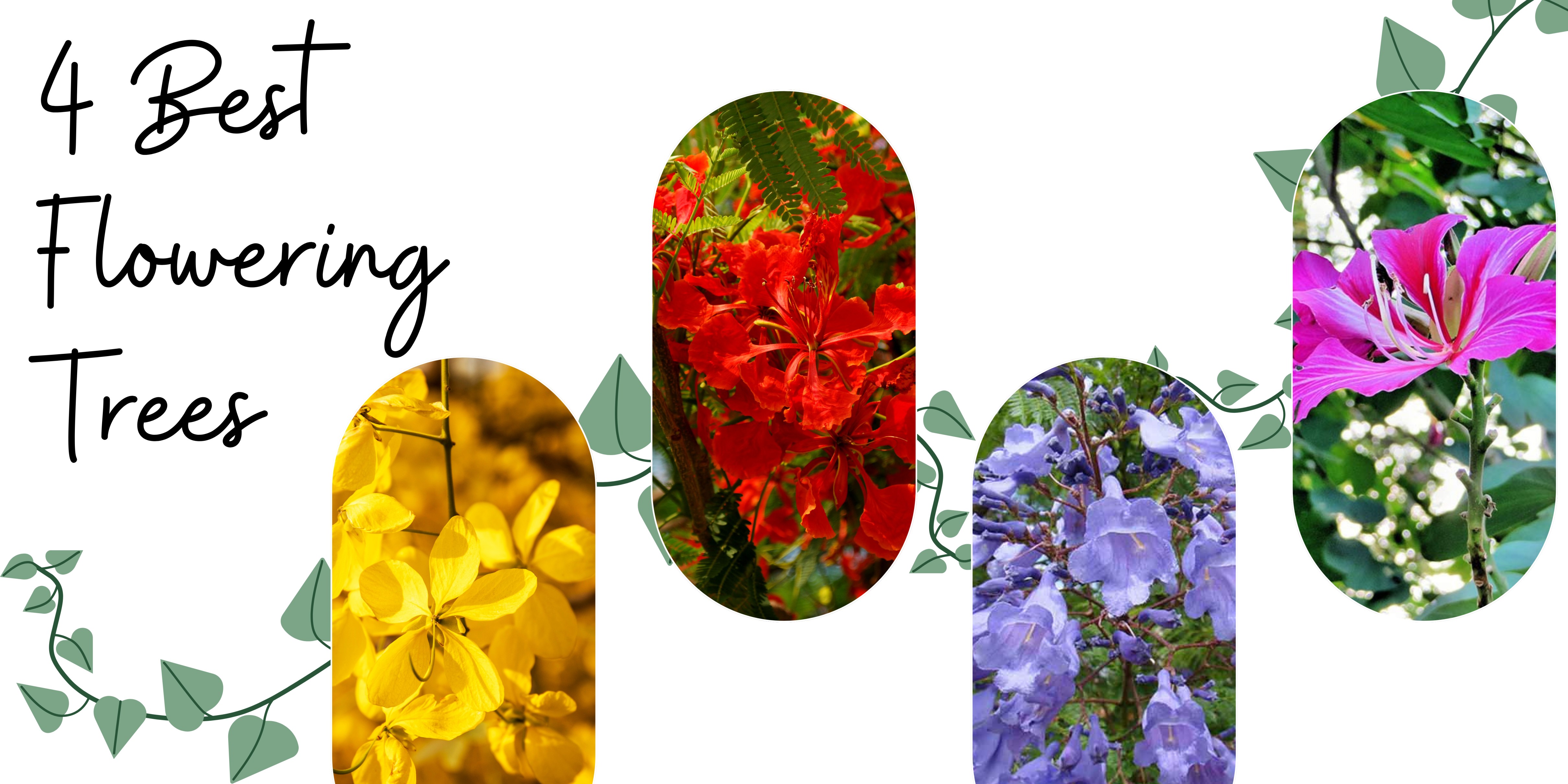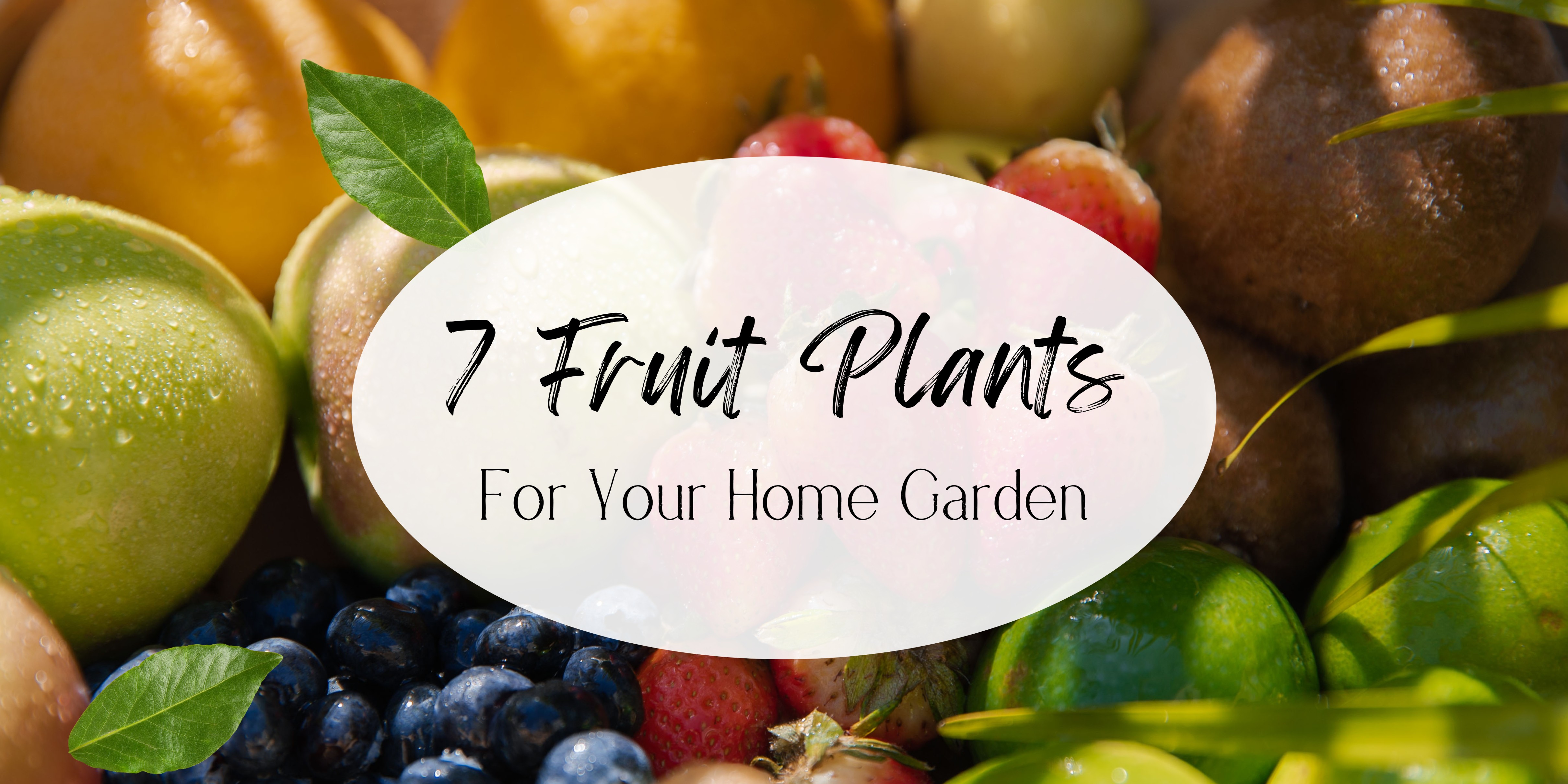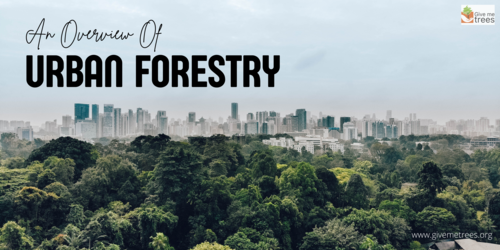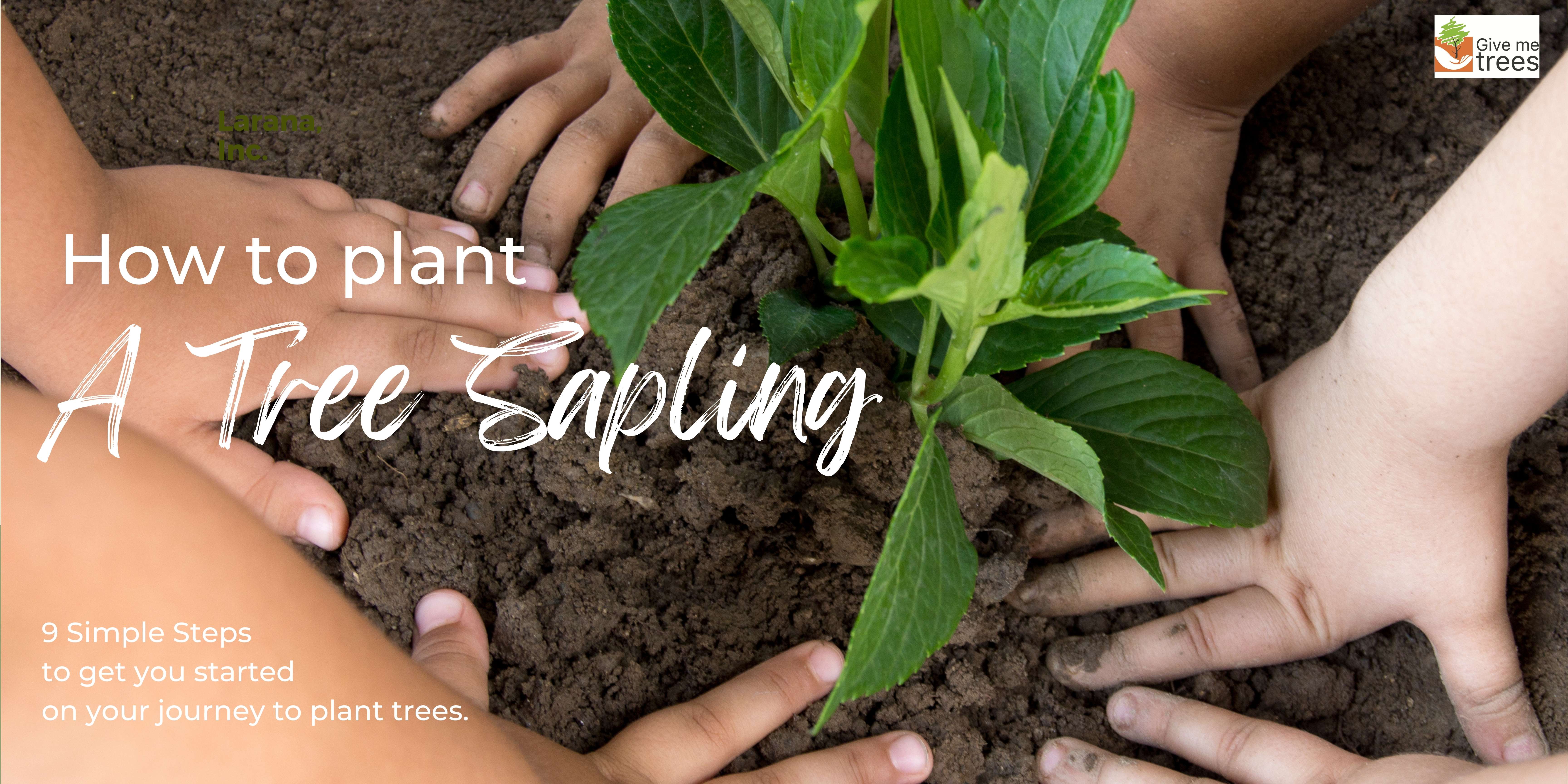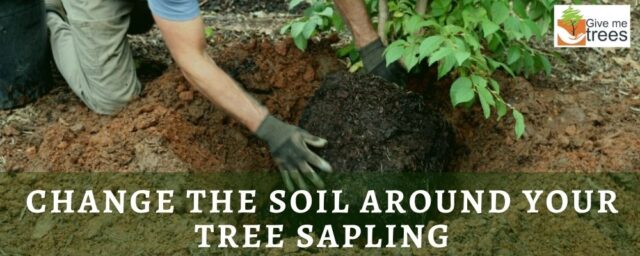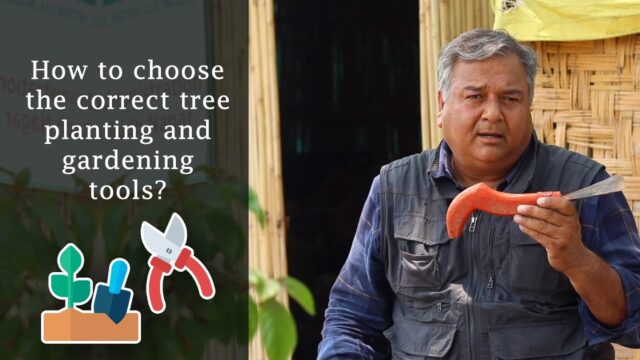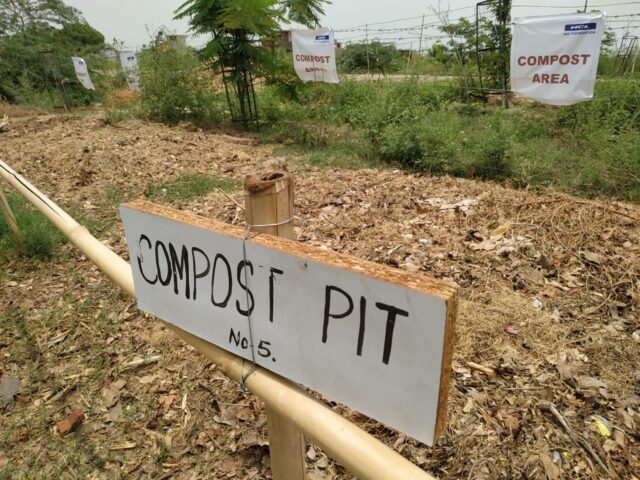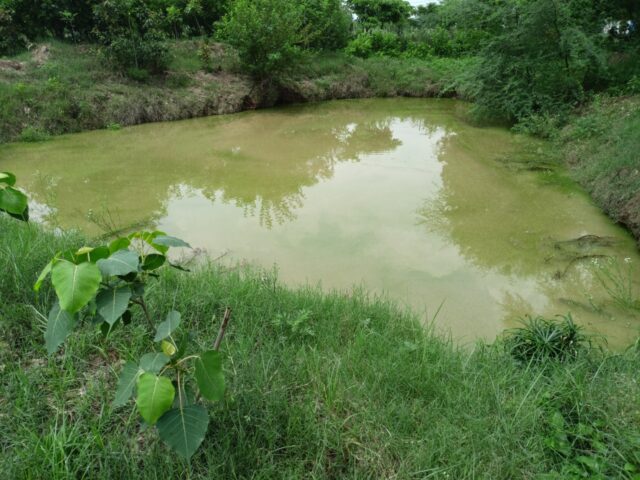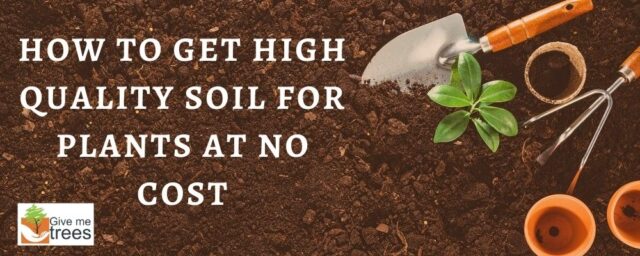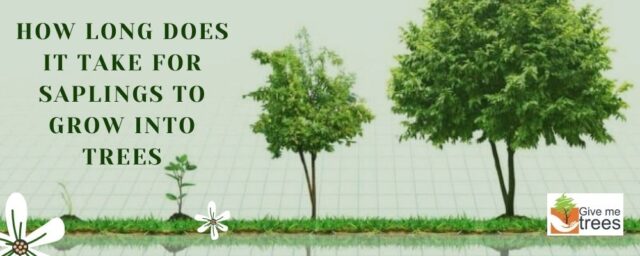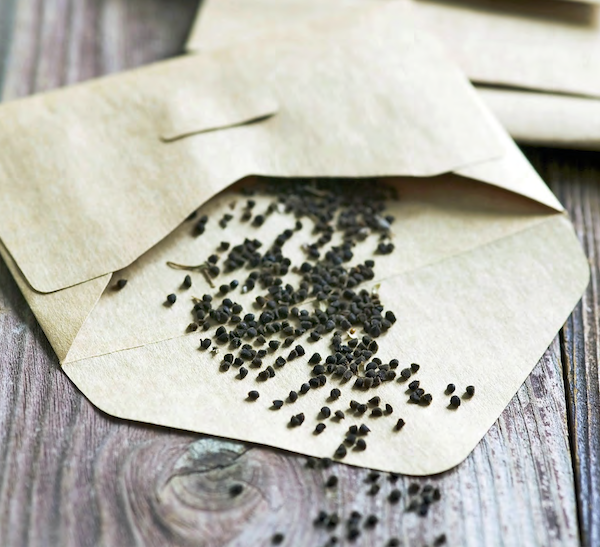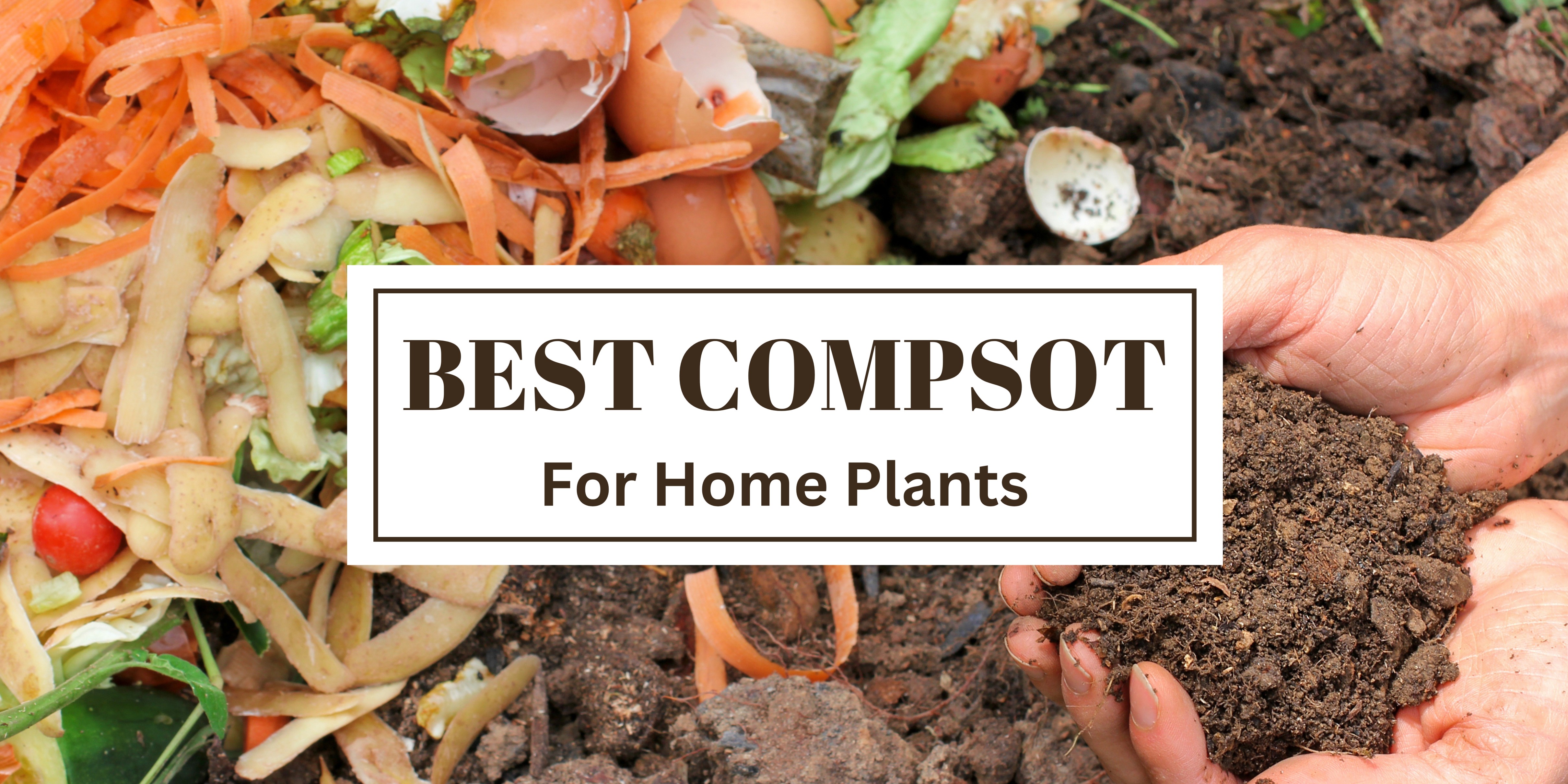
Composting is a valuable practice for gardeners as it nourishes the soil, promotes healthy plant growth, and reduces waste. Composting is a great way to provide your home plants with the necessary nutrients. In India, where sustainable gardening is gaining popularity, it's crucial to find composting methods that are easy to implement and can be done at home. The best compost for plants depends on the type of plants you have, as well as your personal preferences and available resources. Let's explore some of the composting techniques recommended by Peepal Baba (Founder of Give Me Trees Trust and an Environmentalist) to help you create the best compost for your home plants.
Best Compost for Your Home Plants
1. Cow Dung Compost
One of the best compost for plants is Cow Dung compost which provides essential nutrients to the plants. Composting cow manure is an excellent way to create a soil amendment that can be used to enhance soil fertility, increase soil structure, and improve soil health.
To make cow dung compost, you need to start by collecting fresh cow manure. It is important to only use fresh cow dung and avoid any manure that has been mixed with straw or bedding material. Mix the cow manure with other organic materials such as leaves, grass clippings, and kitchen scraps. This will help to balance the carbon-to-nitrogen ratio and speed up the composting process.
Once you have mixed the cow manure with other organic materials, you can begin the composting process. Place the compost in a bin or pile and keep it moist by watering it regularly. Turn the compost pile every few weeks to ensure that it is well-aerated and to speed up the decomposition process. After several months, the cow dung compost should be ready to use.

2. Vermicompost
Vermicomposting is a simple and effective way to create nutrient-rich compost for your home garden. It involves using worms to break down organic waste or animal waste into a nutrient-rich fertilizer that is perfect for plants. Vermicompost is a great alternative to chemical fertilizers, as it is organic and environmentally friendly. Vermicompost is made using cow dung or kitchen scraps, such as fruit and vegetable peels, coffee grounds, tea leaves, and eggshells.
To get started with vermicomposting, you will need a worm bin. You can either purchase a worm bin or make one yourself using a plastic container. Fill the bottom of the bin with shredded newspaper or cardboard, and add a layer of soil on top. Next, add kitchen scrap and cow dung. Once you have mixed all the organic waste and cow dung, place the red earthworms on top and cover the bin with a burlap sack to maintain moisture.
Make sure to keep the bin moist, but not too wet. The worms will eat the dung and the food scraps to break them down into compost. Once the compost is ready, you can use it as fertilizer for your plants. Simply mix it into the soil or add it to the top of the soil as a mulch.
Vermicomposting is great for your plants. With a little bit of time and effort, you can create nutrient-rich compost that will keep your plants thriving. It is one of the best compost for house plants and gardens.

3. Food Waste Compost
Food waste composting is an excellent way to reduce waste while also creating a valuable resource for gardening and farming. To start composting food waste, you will need a compost bin or pile, as well as a mix of carbon-rich materials (such as leaves, straw, or shredded paper) and nitrogen-rich materials (such as fruit and vegetable scraps, coffee grounds, and eggshells). You'll want to aim for a balance of roughly 30 parts carbon to 1 part nitrogen for optimal composting.
Once you have your compost mix, you can begin layering it in your compost bin or pile. Be sure to keep the pile moist (but not too wet) and turn it regularly to provide oxygen for the microorganisms that break down the organic material. Over time, your food waste will transform into a rich, dark compost that can be used to fertilize plants and improve soil health.
By composting food waste, you can help reduce greenhouse gas emissions from landfills while also creating a valuable resource for your garden plants. Plus, it's a great way to close the loop on the food system and reduce your overall environmental impact.

4. Leaf Compost
Leaf compost is a great way to provide your plants with the nutrients they need to grow strong and healthy. Making your own leaf compost is an easy and cost-effective way to improve the quality of your soil and enhance the growth of your plants.
To get started, gather a pile of leaves and place them in a compost bin or pile. Add some water to moisten the leaves, and turn them over every couple of weeks to ensure that they break down evenly. Over time, the leaves will begin to decompose and turn into a dark, rich compost that is perfect for adding to your garden beds or potted plants.
Leaf compost can be used as a top dressing for plants or mixed into the soil before planting. Not only will your plants benefit from the added nutrients, but you'll also enjoy the satisfaction of knowing that you're doing your part to reduce your carbon footprint and help the environment.

These are the 4 best compost for your home plants. Composting is a sustainable and cost-effective way to nourish your home plants while reducing waste. No matter which compost you make at home, remember to maintain the right balance of organic materials, moisture, and aeration. Also, be sure to mix it into the soil thoroughly when planting your home plants. This will help ensure that the nutrients are evenly distributed and that your plants have the best possible chance of thriving. Embrace the art of composting and watch your plants thrive as you contribute to a greener environment.
Liked It? Pint It.
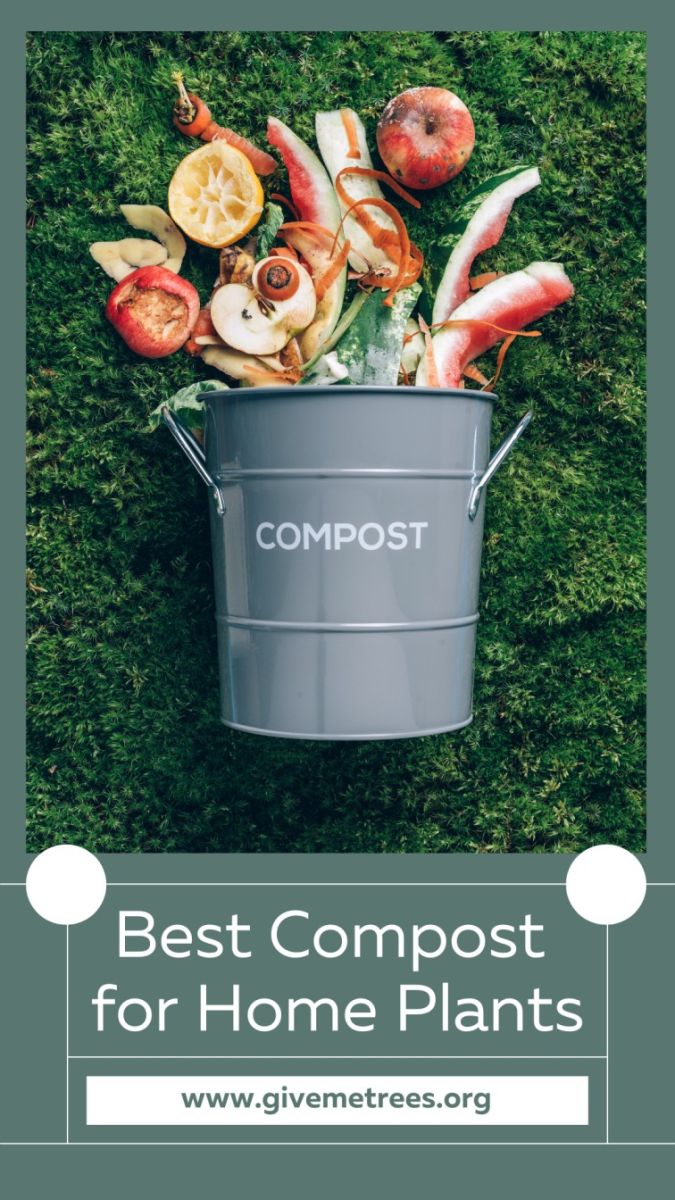
.png)

